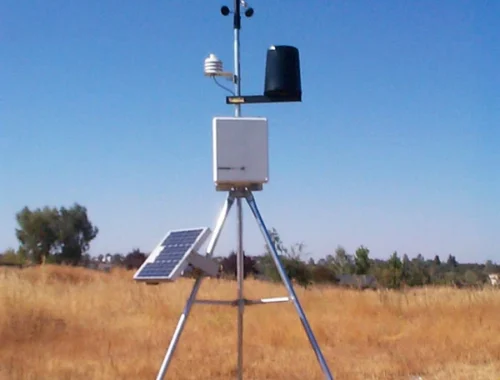EU leaders may call for early energy efficiency proposal
EU leaders may call for early energy efficiency proposal
Seven member states want the Council to call on the Commission to propose a binding energy efficiency target for 2030 next month.
European Union leaders meeting today and tomorrow are likely to agree on an energy security strategy designed to reduce the EU’s dependence on foreign energy.
The strategy was requested by member states at an emergency summit in March convened to deal with the crisis in Ukraine. EU leaders asked the European Commission to determine exactly where the European Union’s energy was coming from and how the amount imported from Russia could be reduced. The Commission published its assessment earlier this month.
EU leaders are expected to endorse the Commission’s communication. But what stakeholders will be watching most closely in tomorrow’s Council conclusions is whether the leaders call for the Commission to come forward with a binding energy efficiency target in July, so that it can be considered along with two other targets at the European Council in October.
Last week, energy ministers from Germany, Denmark, Belgium, Portugal, Greece, Ireland and Luxembourg wrote to the Commission asking it to propose a binding efficiency target for 2030 in July. But other member states, including Poland and the UK, are wary of a binding target for efficiency and do not see a need for the issue to be discussed in October.
Poland is particularly opposed to linking today’s discussion of energy security to the climate targets. “If we link these two issues we will lose the momentum, we will hamper the discussion on both issues,” said a Polish diplomat. “We would not be able to accept any wording in the conclusions that says there was progress [on climate target discussions], because there has not been progress.”
But other member states want to see discussions on energy efficiency move forward faster, and believe that linking the issue to energy security is the way to do that. The current energy efficiency target, a 20% improvement by 2020, is not binding and will most likely not be met. Campaigners say a binding target is needed for 2030.
In January, the Commission came forward with a proposal for 2030 targets for emissions reduction and renewable energy, but held off on proposing an efficiency target until after a review of the energy efficiency directive is completed this summer. The two targets are expected to be adopted in October, but many member states want efficiency to be kept together with the other two as they were for the so-called ’20-20-20’ package of 2020 targets.
Click Here: New Zealand rugby store
Gunther Oettinger, the European commissioner for energy, has said that he prefers a binding efficiency target. A leaked draft of the European Commission’s proposal suggests that a 35% binding target would be most appropriate.
However, according to sources working on the issue, Commission president José Manuel Barroso held a meeting with Oettinger and Connie Hedegaard, the European commissioner for climate action, last week and convinced them to support a 27% non-binding target. There is concern that a higher target would interfere with the emissions trading scheme (ETS), the EU’s flagship policy to fight climate change.
Campaigners are putting pressure on EU leaders to call for a binding target. A report released yesterday by Greenpeace found that if the EU adopted a 40% energy efficiency target for 2030 it could reduce the need for imports by 45% more than under the existing plans. The European Parliament called for a 40% target in February.
“When everyone agrees that saving energy is a no-brainer for security and for the climate, you’ve got to ask yourself what’s standing in the way,” said Franziska Achterberg, a campaigner with Greenpeace. “It’s no secret that energy companies feed Europe’s dependence on energy imports.”
However, a 40% target would have uncertain effects on the ETS. The Commission’s impact assessment, seen by European Voice, shows that a 40% target could cause the price of carbon in the ETS to fall to €6 per tonne of CO2 by 2030 because of a fall in electricity demand, compared with €35 per tonne expected for 2030 under a business-as-usual scenario.
You May Also Like

Automatic Weather Station Price Analysis and Market Trends
March 16, 2025
Essential Pool Supplies for a Perfect Swimming Experience
March 18, 2025